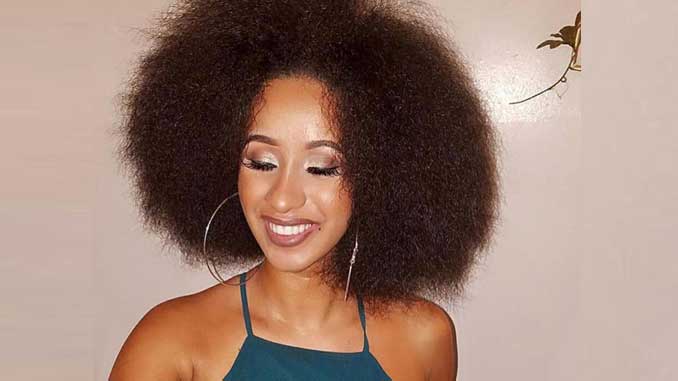
Keka Araujo
The conversation surrounding Latinos regarding ethnicity vs. race is an ongoing theme. Cardi B, a Black Latina who speaks Spanish, set the record straight for fans who may have been confused about her ethnic, racial, and national identity. The Grammy-Winning Rap Star took to her Instagram account to talk about the subject. On June 26th, Cardi addressed fans after a recent incident in California when someone told her she ought to represent for Mexican people.
She clarified that Latinos are not a monolith.
“A lot of people don’t know the difference between nationality, race, ethnicity and that’s not nobody’s fault,” she said on Instagram Live. “That’s actually the schools’ fault because schools don’t be teaching this s— to people.”
Elsewhere in the video, she said, “I’m not Mexican at all. I’m West Indian, and I’m Dominican. I speak Spanish because I’m Dominican. And it’s like, so what’s the difference between Dominican and Mexican?’ And it’s like, everything!”
Cardi went on to elaborate on her race in particular. She reiterated that being light-skinned does not mean that she isn’t a Black woman.
“People just don’t be understanding s–t,” Cardi said “It’s like, ‘Cardi’s Latin, she’s not Black.’ And it’s like, bro, my features don’t come from…White people f—ng, okay?’ And they always wanna race-bait when it comes to me…I have Afro features. ‘Oh, but your parents are light-skinned…all right, but my grandparents aren’t.” This situation isn’t the first time the rapper, who is Dominican and Trinidadian, has had to address comments about her race.
A common misconception about Latinos is because of the fact they speak Spanish they can’t be Black. Latinos are a group of people from different races brought together by Spanish or Portuguese colonization. It’s also a well-documented problem within the Latin community. Racism is prevalent among Latinos who are of African descent by other Latinos.
Quite often, Black Latinos have to prove their latinidad due to their race. It’s an ongoing challenge many Black Latinos face given the fact that countries like Brazil, Cuba, Puerto Rico, The Dominican Republic, Colombia, and Panama have the highest populations of afrodescendientes in the Western Hemisphere.
Conversations from non-racially ambiguous Black Latinos have to continue so that people are more aware of the differences between ethnicity, race, and nationality.
Recommended For You.



Be the first to comment